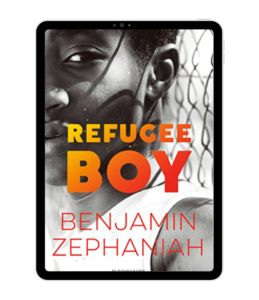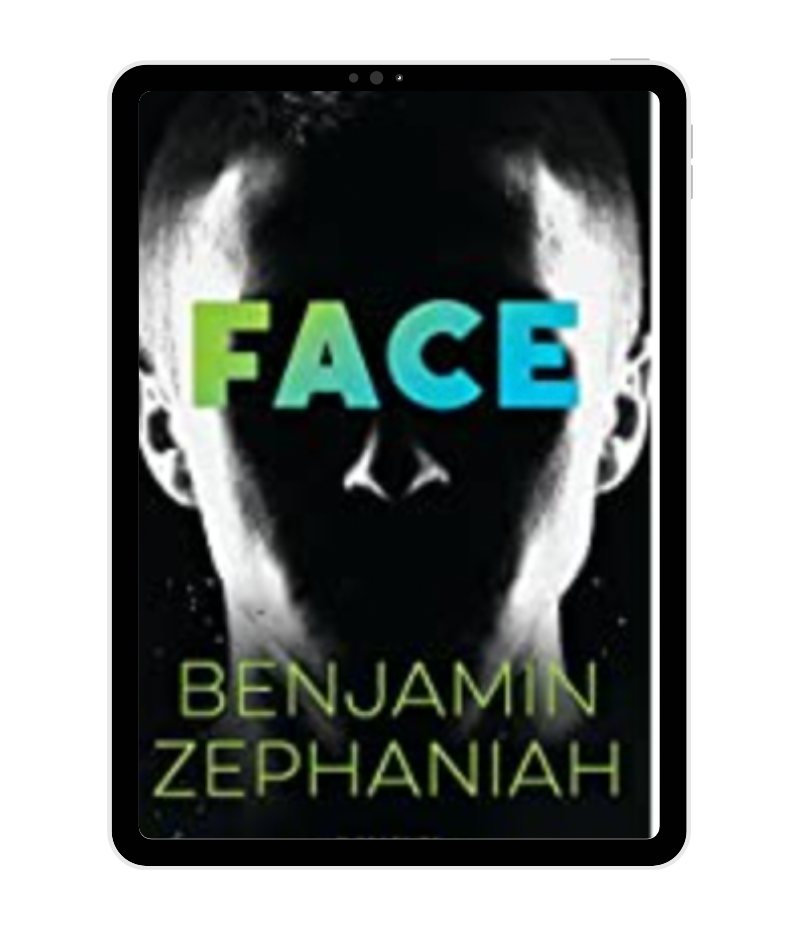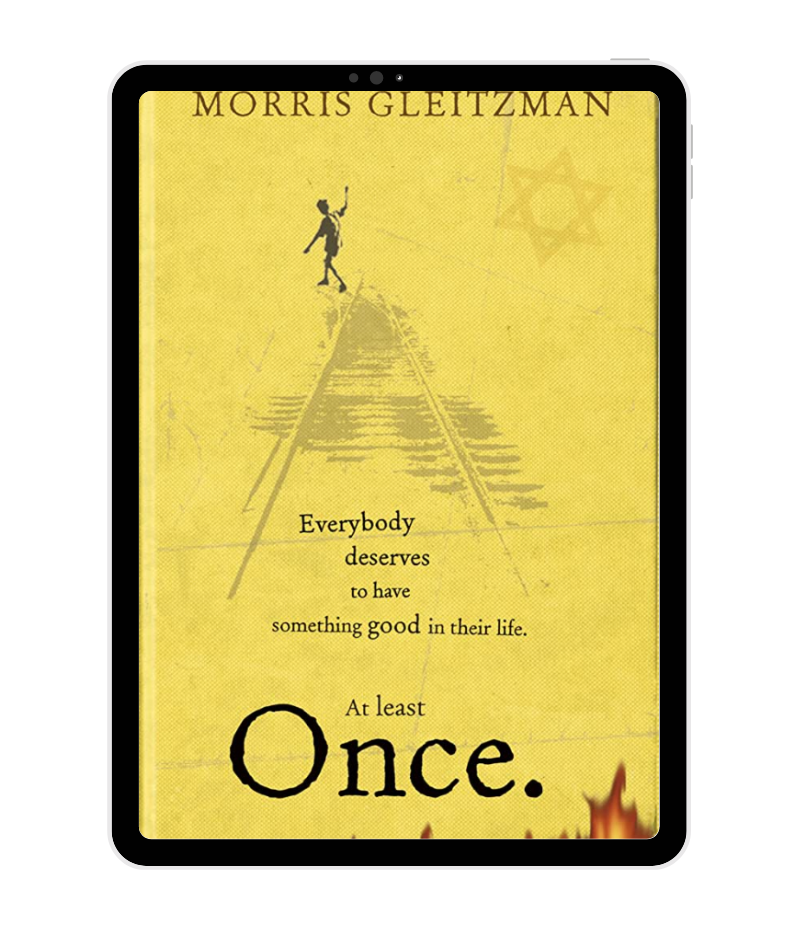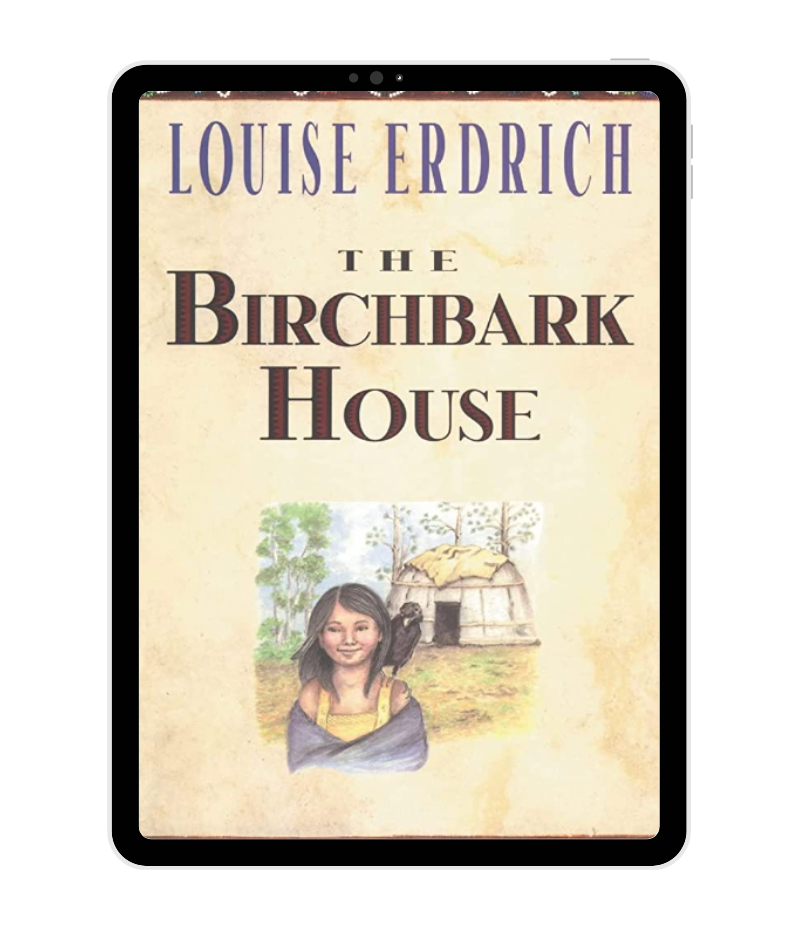Zephaniah presents a story about family, identity and loss. Alem is on holiday with his father for a few days in London. He has never been out of Ethiopia before and is very excited. One morning when Alem wakes up in the bed and breakfast they are staying at to find the unthinkable. His father has left him. Alem’s father admits that because of the political problems in Ethiopia both he and Alem’s mother felt Alem would be safer in London. Alem is now on his own, in the hands of the social services and the Refugee Council. He lives from letter to letter, waiting to hear from his father, and in particular about his mother, who has now gone missing…
Genre: war, family, survival
Themes: identity, displacement, prejudice, discrimination, friendship, bullying, resilience, hope
Age: 11-12 years old

1. Journal Writing: Get students to imagine they are Alem and write journal entries from his perspective at different points in the story. They should reflect on his emotions, challenges, and thoughts about his identity, family, and experiences in the UK.
2. Comparing Perspectives: Choose another book or article that explores the theme of refugees or immigration from a different perspective or country to give to students. Get them to compare and contrast the experiences, challenges, and outcomes portrayed in both texts. Prepare a presentation highlighting the similarities and differences.
3. Dual Narratives: “Refugee Boy” alternates between Alem’s present struggles in London and flashbacks to his life in Ethiopia. Have students create a chart or timeline that visually represents the dual narrative structure of the book, noting key events and their significance in each timeline.
4. Become the Author: Ask students to rewrite the ending of the book, providing an alternative resolution or continuation of the story. They can consider how different choices or events could have shaped Alem’s future and reflect on the potential implications of these changes.
5. Imagery Collage: Ask students to create a collage of images and quotes from the book that represent different aspects of Alem’s journey and experiences. They can arrange them on a poster or in a digital format and write captions or reflections to explain the significance of each image.
Enjoyed this book? You might also enjoy…


